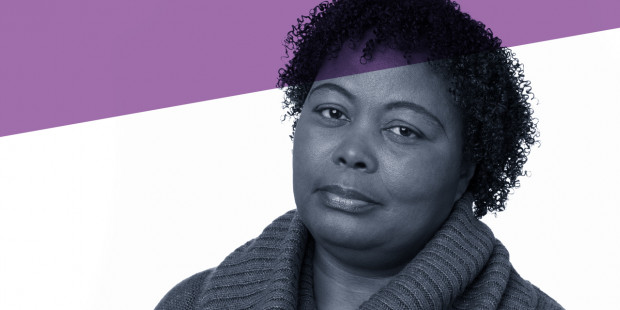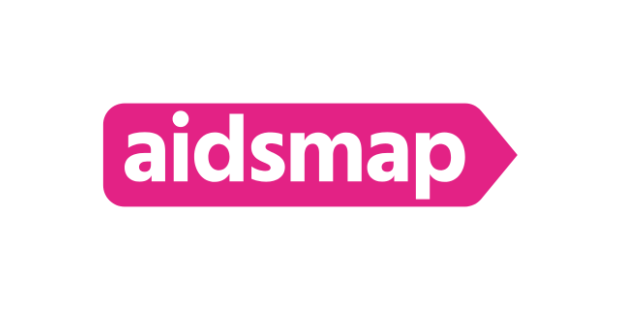
Planning can give you a sense of control, as well as making sure that other people know what’s important to you.
It might not be possible for people to follow all your wishes. Some things may depend on your illness, where you live and whether care is free or you have to pay. But if your wishes are known, the people caring for you can try to follow them.
Making plans while you’re well enough
There may be a time when you’re no longer able to make decisions for yourself because of an illness or symptoms. This is known as lacking mental capacity. It can happen for different reasons, including:
- dementia
- a mental health illness
- when you become unconscious at the very end of life.
Here are some things you can do now:
Choose someone else to make decisions on your behalf
You can choose someone to make decisions about health, welfare, money and property on your behalf, if you become unable to make them yourself.
This could be a partner, friend, family member or a professional like a solicitor. It’s called a Power of Attorney. There are different types, depending on what it’s for and where you live in the UK.
Find out more about mental capacity, Power of Attorney and advance care plans by visiting the Marie Curie website, calling the free Marie Curie Support Line on 0800 090 2309, or emailing [email protected]
Plan for future treatment and care
You can make an advance care plan to tell people how you want to be cared for in the future. This is sometimes called a future care plan or anticipatory care plan. It’s not legally binding, but may mean your wishes are more likely to be followed.
This could include, for example, whether you want to be cared for at home or in a hospice. You should discuss your plan with the people important to you, as well as your doctor or another healthcare professional.
In England and Wales, an advance decision to refuse treatment (ADRT) can be part of your advance care plan. It’s a written decision to refuse a specific type of medical treatment, sometimes called an advance decision or living will. You need to write it and have it signed in the correct way, as it’s legally binding. An ADRT will only be used if you lose the ability to make your own decisions about your treatment.
Will HIV be on my death certificate?
HIV may appear on your death certificate, if it’s thought to be related to your death. Whoever registers your death is likely to see this – this usually needs to be a family member or someone there at the time of death. Think about whether this is likely to be someone who already knows your HIV status.
You may want to leave a request for who you’d like to register your death, if there are some family or friends who don’t know.







